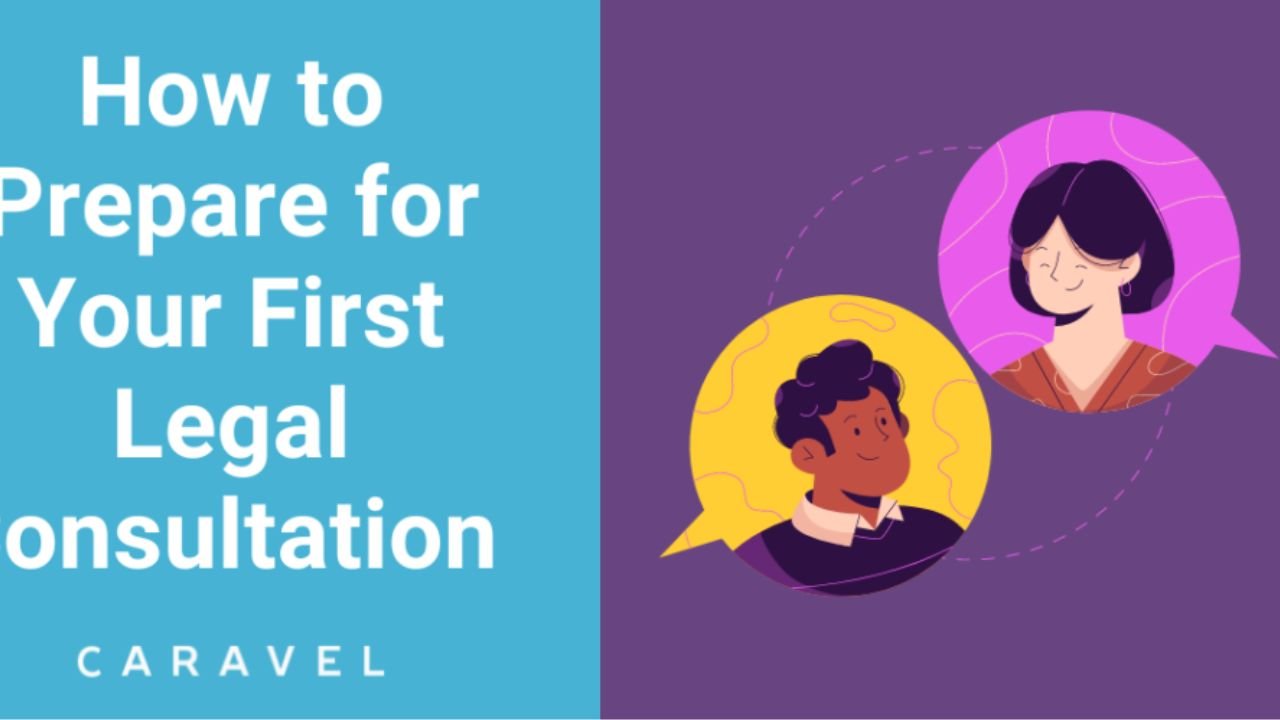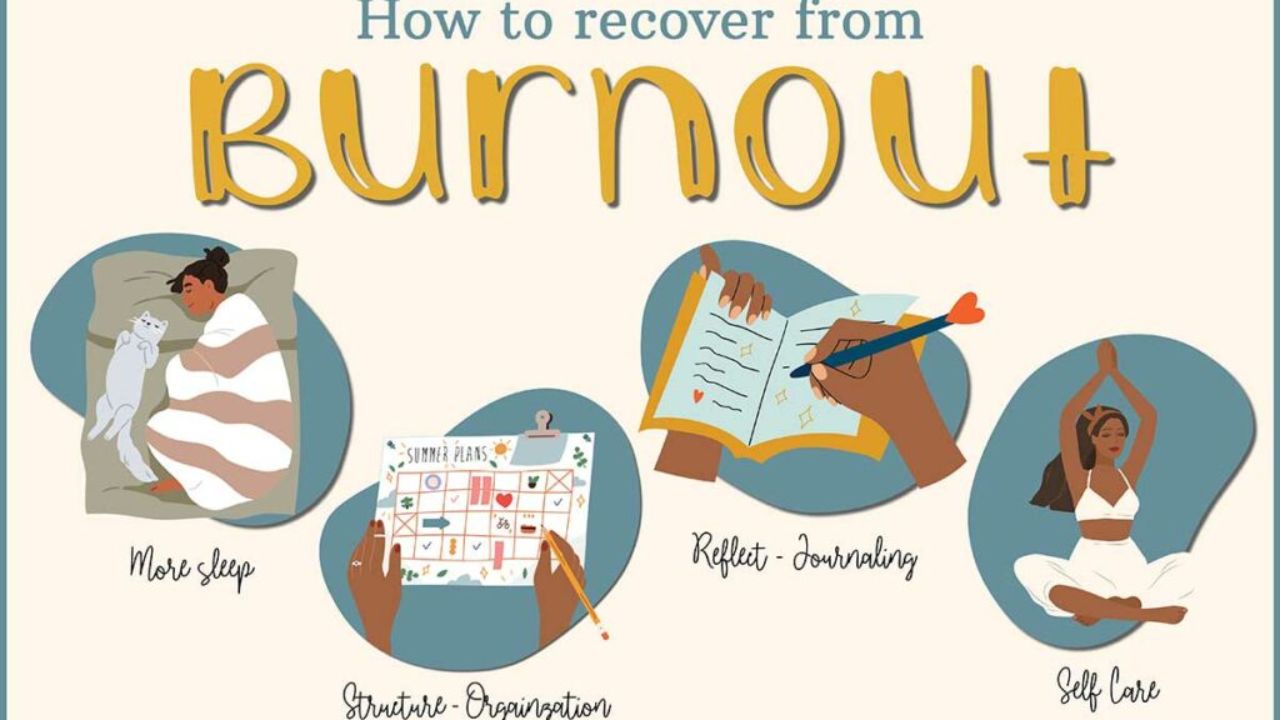Seeking legal assistance, especially during stressful circumstances such as a personal injury, can be daunting. Knowing what to do before you pick up the phone can make the process smoother, reduce anxiety, and ensure that your first conversation with a solicitor is as productive as possible. Whether you’re dealing with a workplace accident, a road traffic incident, or another form of injury, understanding how to prepare will empower you and support your case from the outset.
This guide will help you get ready to speak with a legal professional, maximising the value of your consultation and helping you build a stronger foundation for your claim.
Understand the Nature of Your Issue
Before calling a solicitor, it’s crucial to define the type of legal matter you’re dealing with. In the realm of personal injury law, this typically includes:
- Workplace accidents
- Motor vehicle accidents
- Medical negligence
- Public liability incidents
- Product liability injuries
To better understand the nature of personal injury as a legal problem, including issues that may not immediately involve hospitalisation, claims, or formal compensation, it is helpful to recognise that many personal injury problems impact broader aspects of people’s lives beyond the initial incident. Traditional data sources often provide only a partial view, overlooking injuries that are serious but do not result in claims or hospital stays. Comprehensive studies show that personal injury issues are common and can cause significant disruption to work, health, and overall well-being, underscoring the importance of effective legal resolution and access to support services.
Gather Key Information and Documents
Lawyers rely on facts. The more information you can provide, the more precise their advice will be. Try to compile the following details ahead of time:
- Date, time and location of the incident
- Names and contact information of any witnesses
- Photographs of the scene and injuries, if available
- Any official reports, such as a police report or incident log
- Medical records or hospital discharge summaries
- Documentation of expenses related to the injury (e.g., medical bills, transport, lost wages)
This evidence will not only help assess the strength of your case but may also play a pivotal role in how your claim is pursued.
Write Down What Happened
Memories fade quickly, and legal cases can take months or even years to resolve. Writing down a detailed account of what happened while it’s still fresh in your mind is extremely helpful. Include:
- The sequence of events before, during and after the incident
- How you were injured and the immediate impact
- The effect on your day-to-day life since the incident
- Any communication you’ve had with the other party or their representatives
Be as objective and thorough as possible — this can later serve as a reliable reference for both you and your legal team.
Consider Your Legal Objectives
Before engaging legal services, ask yourself what you hope to achieve. Are you seeking financial compensation? Do you want accountability for negligent actions? Are you unsure and simply need professional guidance? Understanding your objectives helps the solicitor understand your expectations and shape their strategy to match your desired outcomes.
Prepare Questions to Ask the Solicitor
It’s common to feel overwhelmed during an initial consultation, so it’s wise to prepare a list of questions. Consider asking about:
- Their experience with similar cases
- Estimated timelines and costs involved
- The likelihood of settlement vs. court proceedings
- What your rights and obligations are
- What documents or steps will be needed next
This preparation ensures you make informed decisions about proceeding with your case and helps you evaluate if the solicitor is the right fit for you.
Know What Not to Do
Equally important is understanding what not to do before consulting a solicitor:
- Avoid discussing the case with the other party or posting about it on social media
- Do not sign any documents or agreements offered by insurers or opposing parties without legal advice
- Refrain from downplaying or exaggerating your injuries
Being honest, cautious and legally informed from the start will protect your interests.
How to Choose the Right Lawyer
Look for solicitors who specialise in personal injury law and have a strong track record in similar cases. Reviews, recommendations, and free initial consultations can help guide your decision. Always check that the firm is fully licensed and operates under Australian legal standards.
Once you’ve completed your preparation and feel ready to make the call, you can confidently reach out to a trusted firm like lawadvice.com.au for a clear path forward.
Taking Control of the Situation
The first step in any legal process is often the hardest, but by preparing properly, you empower yourself to take control of the situation. From documenting your experience to preparing the right questions, each action you take before calling a lawyer adds value to your case. Take your time, stay organised, and seek professional advice early to give yourself the best chance of a successful outcome.



